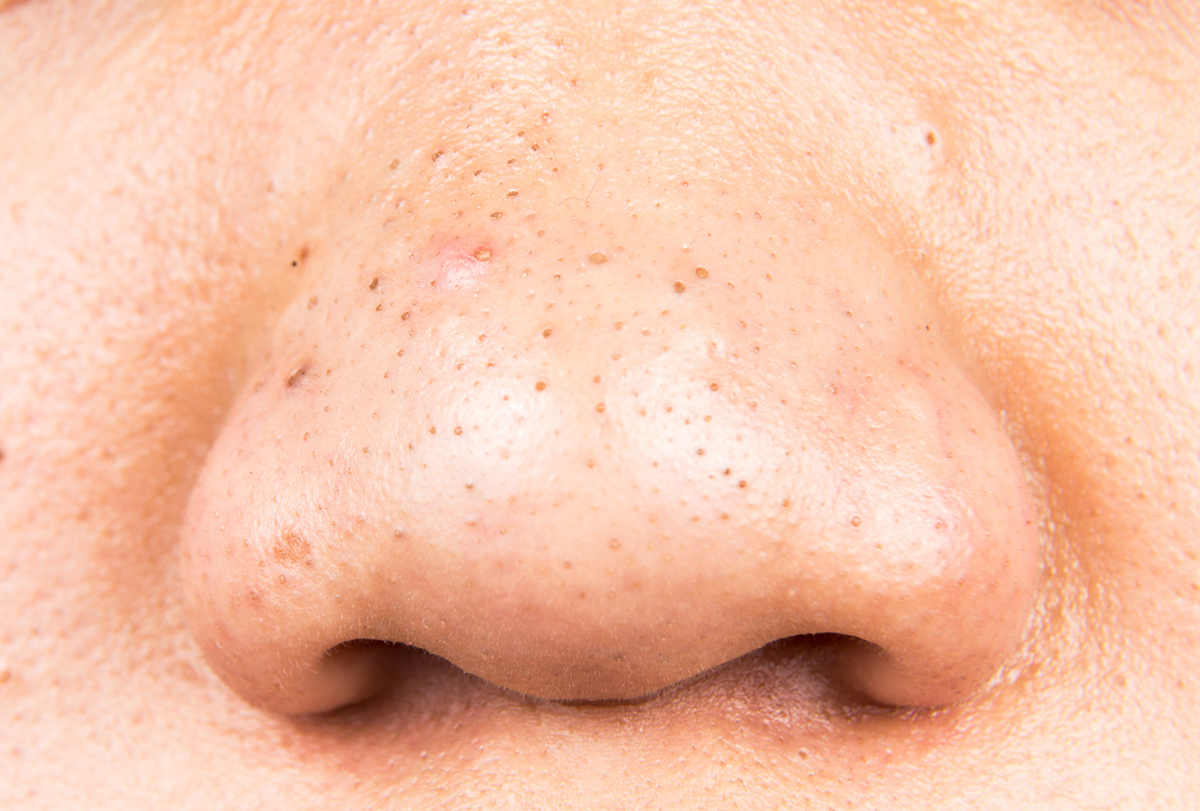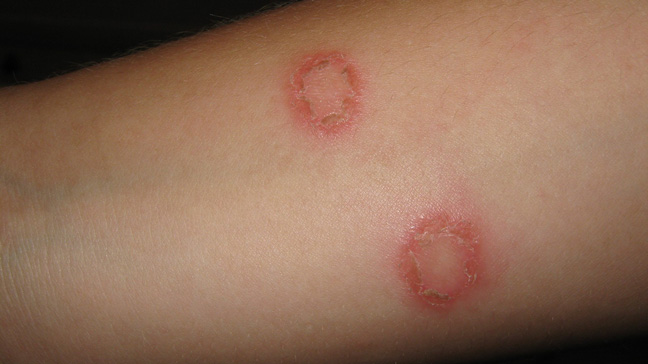Blackheads are clogged hair follicles that contain a mixture of oil, dead skin cells, and bacteria. The causes of blackheads include excess oil production, hormonal changes, bacteria, and poor hygiene practices. Additionally, certain lifestyle factors such as diet and stress can also contribute to the formation of blackheads. “Learn about blackheads, including causes, symptoms, treatments, and prevention methods. Discover how to effectively treat and prevent blackheads with a variety of methods, from home remedies to professional treatments.”
What Are Blackheads
Blackheads are a common skin concern that many people experience. Essentially, they are clogged hair follicles that contain a mixture of oil, dead skin cells, and bacteria. The dark appearance of the blackhead is due to the oxidation of the oil and other substances within the follicle.
Blackheads are often caused by hormonal changes, genetics, and improper skin care practices, such as using heavy, oily products or not removing makeup before bed. They can appear on the face, neck, back, chest, and arms, and are most common in people with oily or combination skin.
Fortunately, there are several ways to address blackheads, including regular exfoliation, using oil-free products, and using products that contain salicylic acid or tea tree oil, which can help to unclog pores and control oil production. Additionally, using a face mask containing ingredients like charcoal or clay can help to remove impurities and reduce the appearance of blackheads.
Causes Of Blackheads
Hormonal Changes
Hormonal changes, such as those that occur during puberty, menstruation, and pregnancy, can cause an increase in androgen hormones, which stimulate the production of sebum, or oil, in the skin. When this excess oil combines with dead skin cells and bacteria, it can clog pores and lead to the formation of blackheads.
Genetics
Some people are simply more prone to blackheads due to their genetics and skin type. If blackheads run in your family, you may be more likely to experience them yourself.
Improper Skin Care Practices
Using heavy, oily makeup can contribute to the formation of blackheads by clogging pores and trapping oil and impurities within the skin. Similarly, not removing makeup before bed can lead to clogged pores and blackheads, as makeup and other impurities are not being effectively removed from the skin.
In addition to makeup, using products that are too harsh for your skin can also lead to clogged pores and blackheads. Harsh exfoliating products, for example, can strip the skin of its natural oils and cause it to produce more oil in response, leading to clogged pores and blackheads.
Diet and Lifestyle
Consuming a diet that is high in sugar and processed foods can increase inflammation and oxidative stress within the body, which can contribute to the formation of blackheads. Additionally, leading a sedentary lifestyle and not getting enough physical activity can also increase oxidative stress and contribute to the formation of blackheads.
Environmental Factors Causes Blackheads
Exposure to environmental pollutants, such as smog and pollution, can contribute to the formation of blackheads by increasing oxidative stress and damaging the skin. This can weaken the skin’s natural barrier and increase the risk of clogged pores and blackheads.
Poor Hygiene
Not washing your face regularly, or using products that dry out the skin, can lead to clogged pores and blackheads. This is because dead skin cells and oils can build up on the skin’s surface, leading to clogged pores.
Stress
Stress can affect the body in many ways, including increasing hormone production, which can cause an increase in oil production and lead to clogged pores and blackheads.
Poor Ventilation Causes Blackheads
Sleeping in a bedroom with poor ventilation can cause the skin to be exposed to a high concentration of carbon dioxide, which can lead to clogged pores and blackheads. This is because a lack of fresh air can cause the skin to produce more oil and sweat, which can clog pores and contribute to the formation of blackheads.
Hormonal Imbalances
Hormonal imbalances, such as polycystic ovary syndrome (PCOS), can increase the production of androgen hormones, which can stimulate the production of sebum and lead to clogged pores and blackheads.
Certain Medications
Certain medications, such as corticosteroids, androgens, and lithium, can increase oil production and lead to clogged pores and blackheads.
Common Skin Care Mistakes That Causes Blackheads
There are several skin care mistakes that causes blackheads. Here are some common causes:
Over-exfoliating
Over-exfoliating the skin can strip it of its natural oils, which can cause the skin to produce more oil in response. This excess oil can clog pores and lead to blackheads.
Using the wrong products
Using skin care products that are too heavy, oily, or contain pore-clogging ingredients can contribute to the formation of blackheads. This is because these products can trap oil and impurities within the skin, leading to clogged pores.
Not cleansing before bed
Not cleansing your skin before bed can cause makeup, oil, and other impurities to build up on the skin’s surface, leading to clogged pores and causes blackheads.
Overusing spot treatments
Overusing spot treatments, such as benzoyl peroxide, can dry out the skin and cause it to produce more oil in response. This excess oil can clog pores and lead to blackheads.
Skipping moisturizer
Skipping moisturizer can cause the skin to become dry and flaky, which can contribute to clogged pores and blackheads. This is because dead skin cells can build up on the skin’s surface, leading to clogged pores.
It’s important to avoid these skin care mistakes and use the right products for your skin type in order to reduce the appearance of blackheads and achieve a clearer, healthier complexion.
Symptoms Of Blackheads
Blackheads are a common skin concern that can be recognized by the following symptoms:
Visible dark spots
Blackheads appear as small, dark spots on the skin’s surface that are a result of clogged pores. These dark spots are caused by the oxidation of sebum and other impurities that are trapped within the pore.
Clogged pores
Clogged pores are one of the main symptoms of blackheads. This occurs when oil, dead skin cells, and other impurities build up within the pore, causing it to become clogged.
Bumps on the skin’s surface
In addition to visible dark spots, blackheads can also cause bumps to form on the skin’s surface. These bumps are the result of clogged pores that have become inflamed.
The rough or bumpy texture
The skin’s texture may feel rough or bumpy in areas where blackheads are present. This is because clogged pores can cause the skin to become irritated and inflamed.
Enlarged pores
Enlarged pores are another symptom of blackheads. This occurs as a result of the skin’s response to clogged pores, which can cause the pore to enlarge in an attempt to release the impurities that are trapped within.
It’s important to be aware of these symptoms and take steps to address them in order to reduce the appearance of blackheads and achieve a clearer, healthier complexion.
How To Treat Blackheads
Blackheads can be treated through a variety of methods, including both over-the-counter products and in-office treatments and natural treatments.
Treatments Of Blackheads
In addition to home remedies, there are several other ways to treat blackheads, including:
Topical Treatments:
Over-the-counter (OTC) creams and gels that contain salicylic acid, benzoyl peroxide, or retinoids can help to unclog pores and reduce the appearance of blackheads.
Microdermabrasion:
Microdermabrasion is a minimally invasive procedure that uses fine crystals or a diamond tip to remove the outer layer of dead skin cells, which can help to unclog pores and reduce the appearance of blackheads.
Chemical Peels:
Chemical peels use a solution to remove the top layer of skin, which can help to unclog pores and reduce the appearance of blackheads.
Extractions:
Extractions are performed by a dermatologist or esthetician and involve the manual removal of blackheads using a tool such as a comedone extractor.
Light Therapy:
Light therapy, such as blue light therapy or photodynamic therapy, uses light energy to kill the bacteria that can contribute to the formation of blackheads.
It’s important to consult a dermatologist or skincare professional before undergoing any of these treatments to ensure that they are safe and appropriate for your skin type and concerns.
Natural Ways To Remove Blackheads
There are several home remedies that you can use to help treat blackheads and improve the appearance of your skin. Some of the most effective remedies include:
Baking Soda:
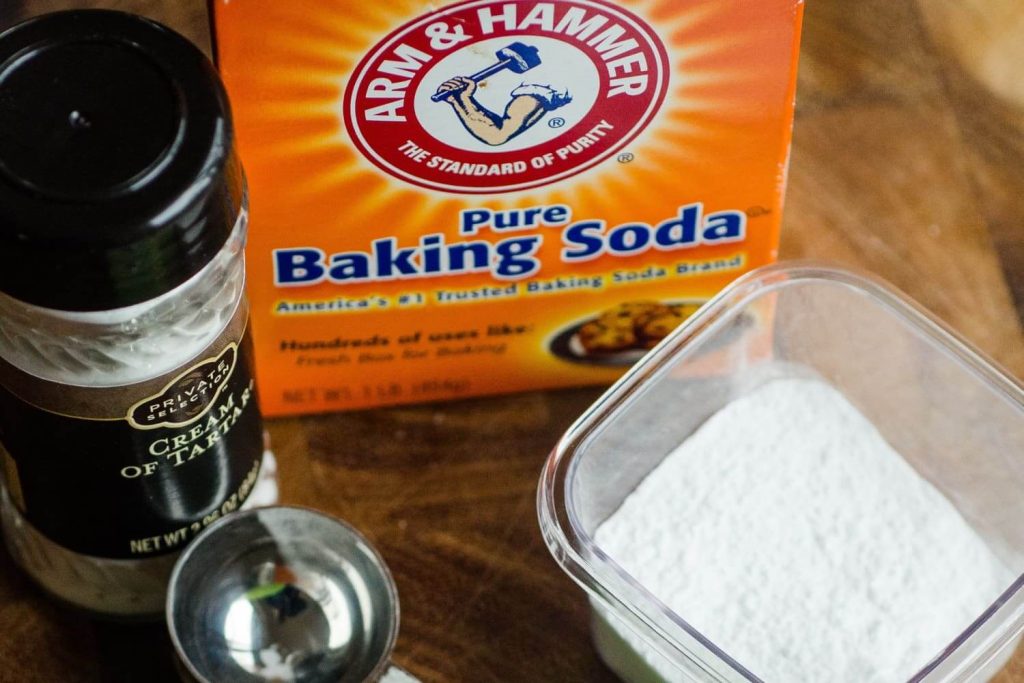
Mix baking soda and water to form a paste, then gently massage the paste onto your skin for 1-2 minutes before rinsing with warm water.
Lemon Juice:
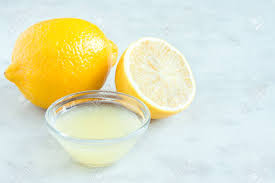
Lemon juice has natural astringent and exfoliating properties, making it an effective home remedy for blackheads. Simply apply lemon juice to the affected area and let it sit for 10-15 minutes before rinsing with warm water.
Honey:

Honey is a natural antibacterial agent that can help to unclog pores and reduce the appearance of blackheads. Apply honey to the affected area, let it sit for 10-15 minutes, and then rinse with warm water.
Steaming:

Steaming your face for 10-15 minutes can help to open up your pores and make it easier to remove blackheads. After steaming, use a gentle exfoliating product to help remove dead skin cells and unclog pores.
Green Tea:
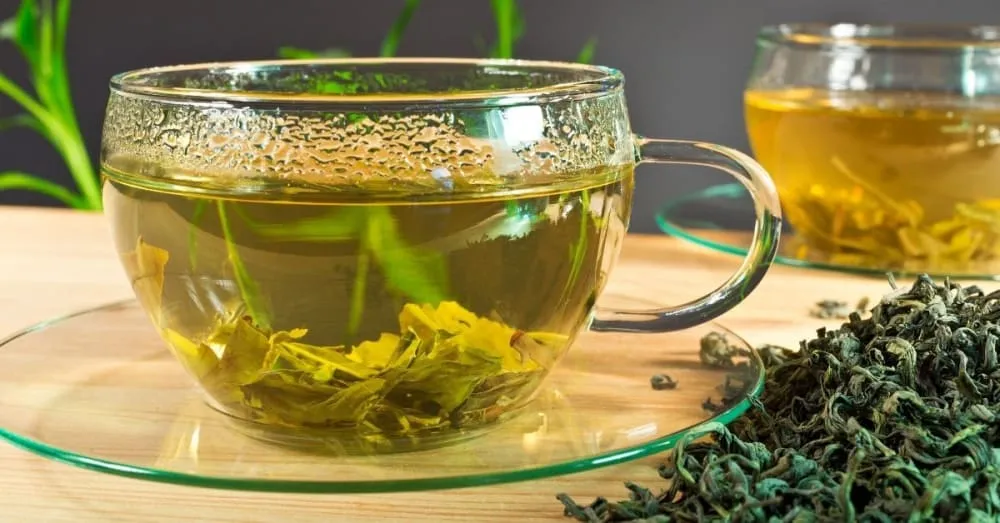
Green tea contains antioxidants that can help to improve the health of your skin and reduce the appearance of blackheads. Brew a cup of green tea, let it cool, and then apply it to your skin using a cotton ball.
Egg White Mask:

Beat an egg white until it is frothy, then apply it to your skin, let it sit for 10-15 minutes, and then rinse with warm water. The egg white will help to unclog pores and reduce the appearance of blackheads.
It’s important to be gentle when using these home remedies, as over-exfoliating or using products that are too harsh for your skin type can actually make blackheads worse.
Consult a dermatologist or skincare professional if you have any concerns about your skin or if you are unsure about the best way to treat blackheads for your skin type.
How To Prevent Blackheads
Preventing blackheads requires a combination of good skincare habits and the use of appropriate skincare products. Here are some tips to help prevent blackheads:
Cleanse your skin regularly:
Cleansing your skin twice a day, in the morning and at night, can help to remove oil, impurities, and makeup that can contribute to clogged pores and causes blackheads.
Exfoliate regularly:
Exfoliating your skin on a regular basis can help to remove dead skin cells that can clog pores and causes blackheads. Be sure to choose an exfoliating product that is gentle and appropriate for your skin type.
Use non-comedogenic products:
Choose skincare products that are labeled “non-comedogenic” to ensure that they will not clog your pores and contribute to blackheads.
Avoid touching your face:
Touching your face with your hands can transfer oil and impurities from your hands onto your skin, leading to clogged pores and blackheads.
Keep your skin hydrated:
Keeping your skin hydrated by drinking plenty of water and using a gentle, non-comedogenic moisturizer can help to prevent the skin from becoming dry and flaky, which can contribute to clogged pores and causes blackheads.
Reduce stress:
Stress can contribute to the formation of blackheads by increasing the production of oil in the skin. Practice stress-management techniques such as meditation, exercise, or yoga to help reduce stress levels and maintain healthy skin.
By following these tips, you can help to prevent blackheads and achieve a clearer, healthier complexion.


